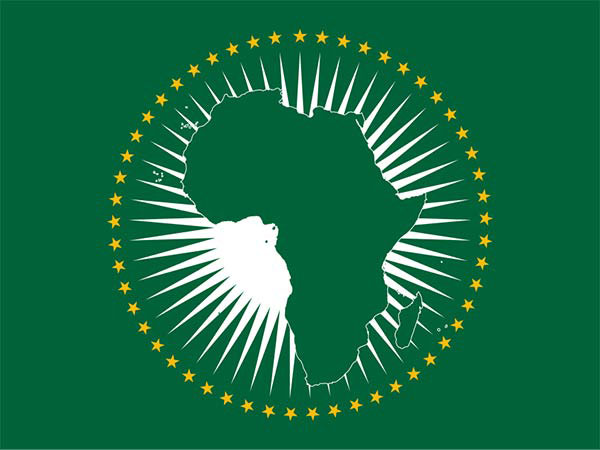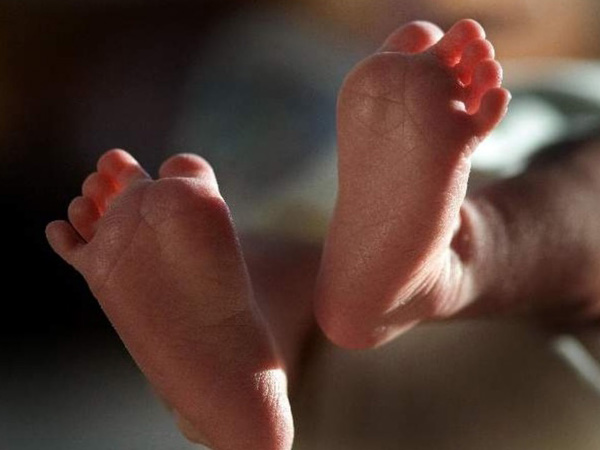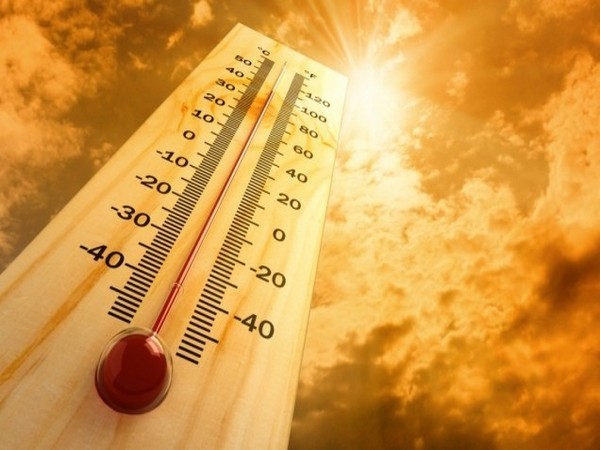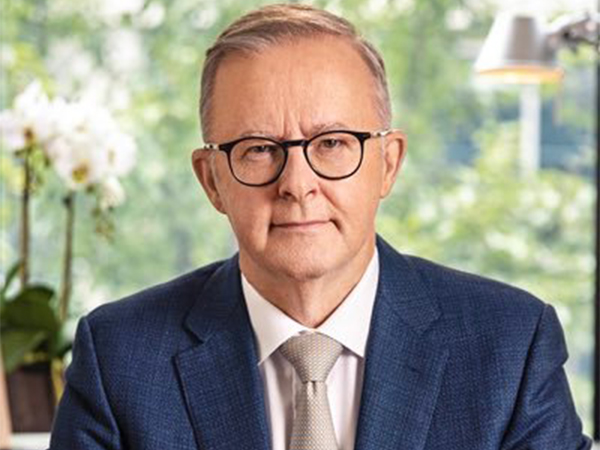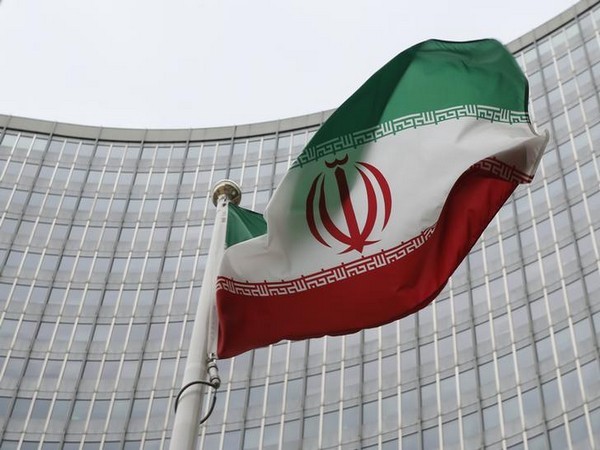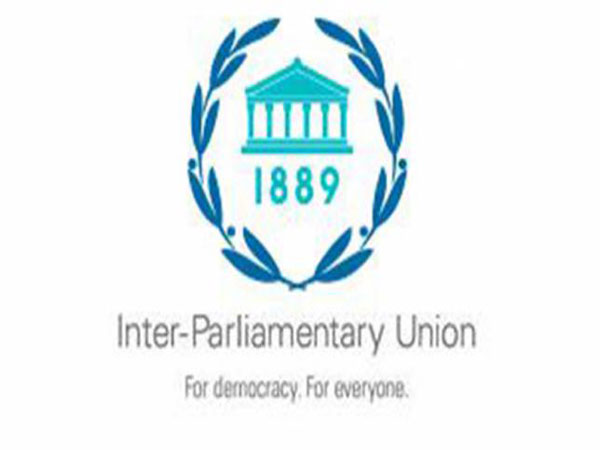
Roundup: Inter-Parliamentary Union lawmakers commit to overcoming gender inequality
Oct 17, 2022
Kigali (Rwanda), October 17: The Inter-Parliamentary Union (IPU) affirmed working in partnership with national parliaments to push forward gender equality and responsive legislation.
At the conclusion of its 145th assembly in Kigali, Rwanda's capital, Saturday, the lawmakers adopted the Kigali Declaration, highlighting actions to be undertaken to achieve gender equality including enacting gender-responsive laws and ensuring parity in political decision-making.
Esperance Nyirasafari, vice-president of Rwanda's Senate, and Ivan Flores, member of Parliament from Chile, said the Kigali Declaration was arrived at after a "rich, insightful and inspiring general debate of this 145th IPU Assembly."
The lawmakers said gender equality and gender-sensitive parliaments are drivers of change for a more resilient and peaceful world.
According to the IPU, gender-sensitive parliaments are founded on the principle of gender equality, with women and men having equal rights to participate without discrimination or recrimination. Such parliaments respond to the needs and interests of both men and women in their structures, operations, methods and work.
"We must reach parity in political decision-making by all means, including 50:50 quotas," Nyirasafari said, adding that the COVID-19 pandemic had revealed that crises are never gender neutral, but exacerbate gender-based inequality, hold back society and challenge resilience. "We affirm that gender equality is key in confronting pandemics, conflicts, economic recessions and climate change," she said.
IPU President Duarte Pacheco said gender-equal parliaments have the power to influence decisions that can prevent wars.
"Gender-sensitive parliaments can help bring more global security. This is because there's no mother that feels well when she sees their children going to war. And that just shows the difference," said Pacheco. "I believe that with gender-sensitive parliaments we will be more open, and try to understand the positions of the others and to open to dialogue and avoid so many conflicts."
The week-long assembly convened more than 1,000 delegates, including MPs and Speakers from 120 parliaments. The assembly was held under the theme "Gender equality and gender-sensitive parliaments as drivers of change for a more resilient and peaceful world."
The lawmakers called for a new generation of more diverse parliamentarians to advance gender equality and inclusivity. They also committed to placing vulnerable populations at the center, end to gender-based discrimination and ensuring equal sharing of care responsibility.
"We must share the care responsibility equally among men and women. Let's act as examples in our societies by undertaking 50 percent of the daily care work for our families, regardless of whether we are male or female MPs," Nyirasafari said.
MP Ivan Flores stressed the need to end gender-based discrimination and violence, and other harmful practices while ensuring access to sexual and reproductive health, rights and justice for all women and girls.
Martin Chungong, the secretary general of IPU, said peace negotiations involving women tend to be sustainable. "That is why we say that it is important for women to be at the table when peace processes are initiated," he said.
Meanwhile, a survey presented at the IPU assembly indicated that women lawmakers across the world have been targets of violence, sexism and sexual harassment perpetuated by their male colleagues.
"Sometimes, we don't believe it but discrimination also happens inside our own parliaments," Pacheco told the assembly.
Female lawmakers make up 26 percent of parliaments globally.
Over 85 percent of female MPs in Europe face psychological violence while in Africa 40 percent of surveyed female MPs were sexually harassed, the survey showed.
Globally, 25 percent of female MPs faced physical violence.
Speaker of Rwanda's Parliament Donatille Mukabalisa said the assembly held robust deliberations having heard 150 interventions from close to 120 national parliaments and partner organizations.
Other topics discussed by the assembly included environmental degradation and its effects on the proliferation of terrorism, the impact of war and atrocity on the civilian population, and war and climate change as triggers of global food insecurity.
Source: Xinhua
